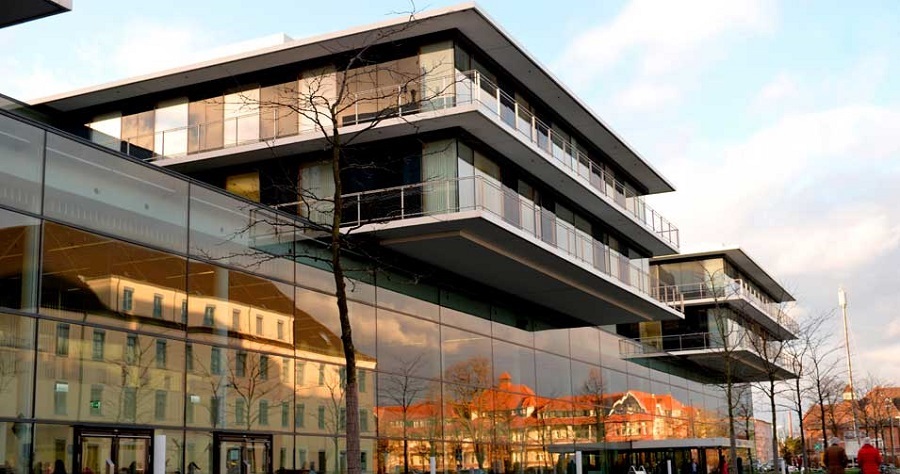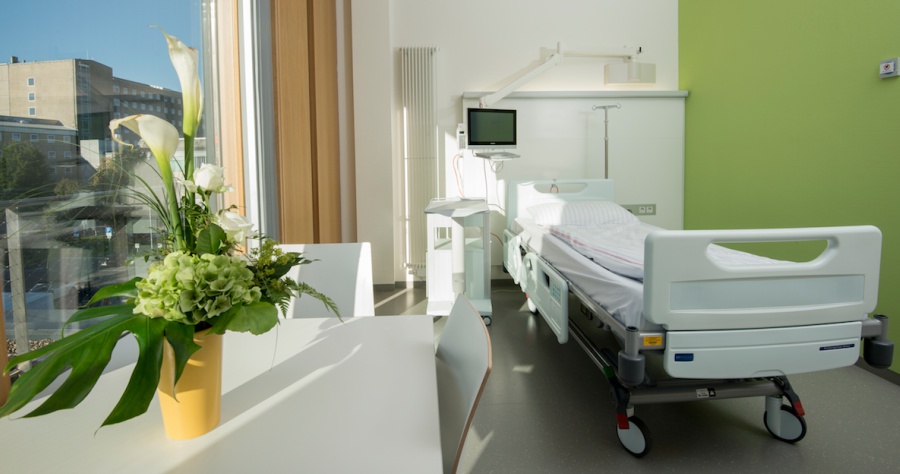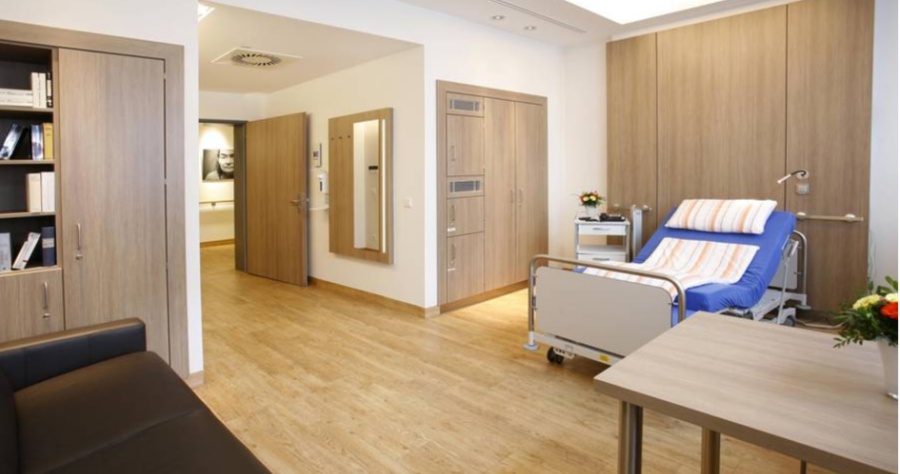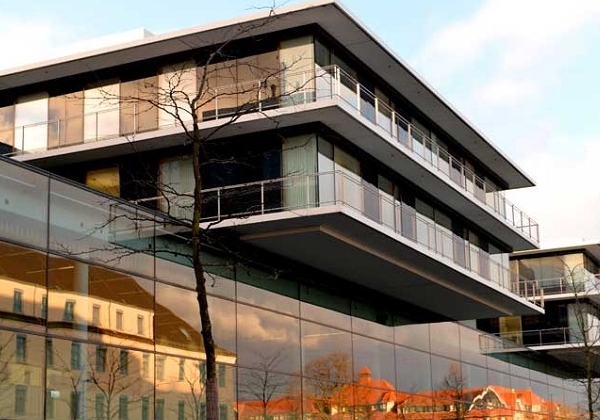University Hospital Düsseldorf
![]() Dusseldorf, Germany
Dusseldorf, Germany
Conservative treatment of acute pancreatitis
- Initial consultation with the doctor
- clinical examination
- gastroenterological examination
- review of medical records
- laboratory tests:
- complete blood count
- biochemical analysis of blood
- serum amylase
- lipase
- liver function test
- electrolytes
- blood urea nitrogen (BUN)
- pancreatic function test
- creatinine
- hormonal analysis
- general urine analysis
- abdominal ultrasonography
- magnetic resonance cholangiopancreatography (MRCP) (if indicated)
- endoscopic retrograde cholangiopancreatography (ERCP) (if indicated)
- biopsy (if indicated)
- computed tomography (CT) guided needle aspiration
- histological and immunological analysis of the fluid
- nursing services
- consultation with gastroenterologist
- consultation with other related specialists
- symptomatic treatment
- cost of medicines
- explanation of an individual treatment plan
- written prescription
Department of Gastroenterology, Hepatology, and Infectiology

Head of the Department
Prof. Dr. Dieter Häussinger
The University Hospital Düsseldorf’s Department of Gastroenterology, Hepatology, and Infectiology offers a wide range of services including the diagnosis and treatment of diseases of the liver, gastrointestinal tract, and pancreas. The department also has specialists for the...
Read MoreAbout University Hospital Düsseldorf
The University Hospital Dusseldorf (UKD) was established in 1907 and since then it stands for international excellence in health care, research, and teaching. Specialist doctors and dedicated teams guarantee modern medicine of the highest standard. Modern, safe and innovative methods in diagnosis and therapy help in the fight against many diseases and their unpleasant consequences. The special strength of the UKD lies in the interdisciplinary treatment of patients and in the close integration of clinical operations and research. As a hospital of the highest level of medical care, the UKD also treats patients with particularly difficult and complicated illnesses.
More than 50,000 patients are receiving inpatient care at the University Hospital Düsseldorf every year. In addition, around 300,000 patients are treated on an outpatient basis each year. The UKD is the largest hospital in the state capital and one of the most important medical centers in NRW.







